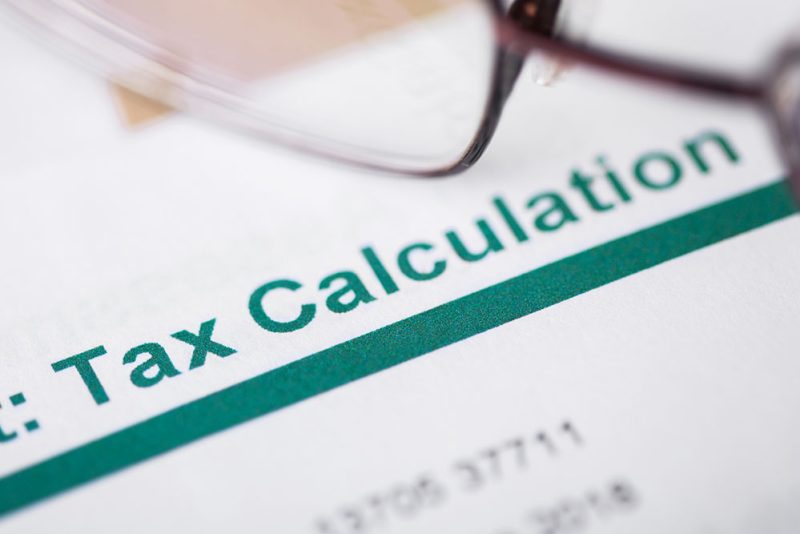Budget: Surprise changes to doctors pensions tax issues

Doctors will no longer face a limit to their overall tax-free pension savings following the chancellor’s announcement in the Spring Budget that the lifetime allowance will be abolished.
In a bid to retain older workers, particularly in the NHS, the lifetime allowance, which was due to be frozen at the current £1.073m until 2026, will be removed from April 2023.
Pre-Budget media speculation suggested the allowance would rise to match its peak of £1.8m, last seen in 2010/11 but Jeremy Hunt quoted that ‘no one should pull out of the workforce for tax reasons’.
The annual allowance which has been particularly punitive for senior doctors in recent years, will be increased by 50 per cent to £60,000 from April. This will mean many doctors will no longer face substantial tax bills for breaching the yearly tax-free pensions savings limit.
In addition, the tapered annual allowance, which reduces the standard savings limit further on a sliding scale dependent on income, will now revert to its previous minimum amount of £10,000. The amount was reduced from this figure to £4,000 in 2020.
The ‘adjusted’ income threshold at which the tapered annual allowance applies will rise from £240,000 to £260,000 next month. Adjusted income includes not only workplace earnings, dividends from investments and property income but also NHS pensions growth and personal pensions.
While not declared at the despatch box, the official Spring Budget papers confirm that public sector pension schemes will be considered ‘linked’ for the purposes of annual allowance calculations. This means that negative pension growth in one scheme can be offset against positive growth in another.
One issue that was not improved in the new Budget announcements however, is the maximum pension commencement lump sum (or ‘tax-free cash’) available when benefits are drawn for those without ‘protection’ schemes in place which will remain at its current level of £268,275. Only individuals who already have lifetime allowance protection in place will retain their right to take a higher tax-free lump sum.


